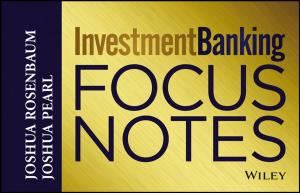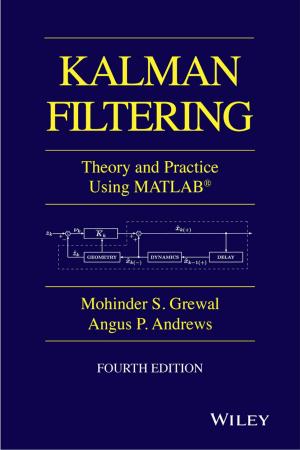Can We Feed the World Without Destroying It?
Nonfiction, Social & Cultural Studies, Political Science| Author: | Eric Holt-Gimenez | ISBN: | 9781509522040 |
| Publisher: | Wiley | Publication: | February 25, 2019 |
| Imprint: | Polity | Language: | English |
| Author: | Eric Holt-Gimenez |
| ISBN: | 9781509522040 |
| Publisher: | Wiley |
| Publication: | February 25, 2019 |
| Imprint: | Polity |
| Language: | English |
Nearly a third of the world’s population suffers from hunger or malnutrition. Feeding them – and the projected population of 10 billion people by 2050 – has become a high-profile challenge for states, philanthropists, and even the Fortune 500. This has unleashed a steady march of initiatives to double food production within a generation. But will doing so tax the resources of our planet beyond its capacity?
In this sobering essay, scholar-practitioner Eric Holt-Giménez argues that the ecological impact of doubling food production would be socially and environmentally catastrophic and would not feed the poor. We have the technology, resources, and expertise to feed everyone. What is needed is a thorough transformation of the global food regime – one that increases equity while producing food and reversing agriculture’s environmental impacts.
Nearly a third of the world’s population suffers from hunger or malnutrition. Feeding them – and the projected population of 10 billion people by 2050 – has become a high-profile challenge for states, philanthropists, and even the Fortune 500. This has unleashed a steady march of initiatives to double food production within a generation. But will doing so tax the resources of our planet beyond its capacity?
In this sobering essay, scholar-practitioner Eric Holt-Giménez argues that the ecological impact of doubling food production would be socially and environmentally catastrophic and would not feed the poor. We have the technology, resources, and expertise to feed everyone. What is needed is a thorough transformation of the global food regime – one that increases equity while producing food and reversing agriculture’s environmental impacts.















